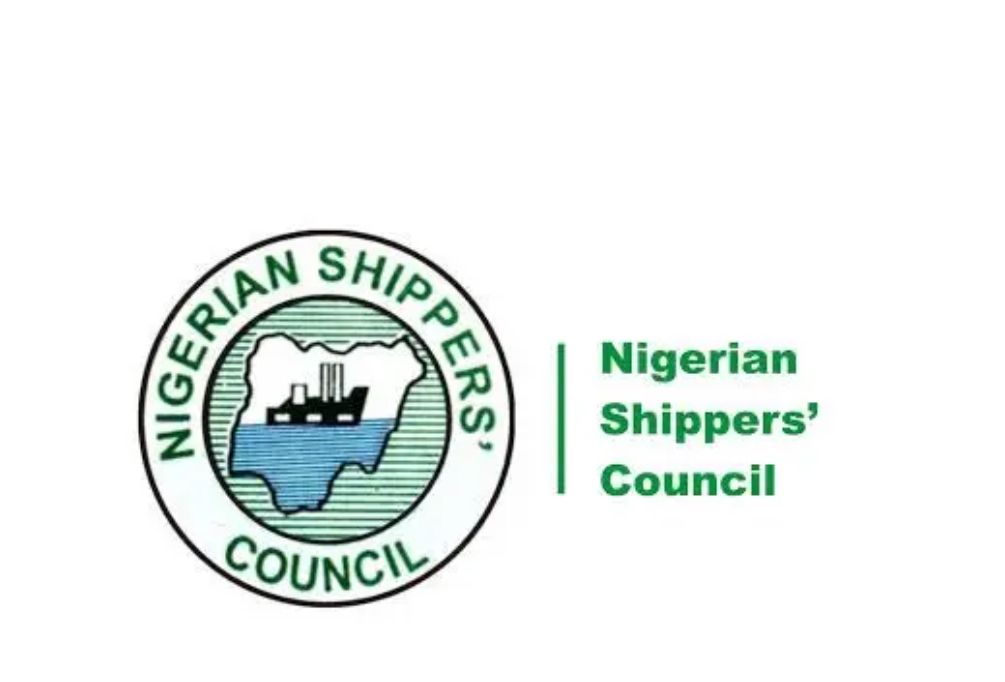Nigerian Shippers Council (NSC) said that the statistics of the current cargo dwell time and turnaround time of vessels at Nigerian seqports was not acceptable.
At a Management System Retreat (MSR) held in Lagos on Wednesday, the Executive Secretary council, Dr. Akutah Ukeyima, however, commended the bold and reform-oriented leadership of President Bola Ahmed Tinubu and the astute leadership of the Minister of Marine and Blue Economy, Gboyega Oyetola, noting that the Renewed Hope Agenda of the Federal Government had injected a new sense of clarity and urgency into the governance of Nigeria’s strategic sectors.
According to him, the Federal Government had made an unambiguous statement through the creation of the Federal Ministry of Marine and Blue Economy entrusted with transforming Nigeria’s vast ocean economy into a catalyst for diversification, growth and sustainability.
Akutah explained: “We are equally privileged to be under the astute leadership of the Minister of Marine and Blue Economy, Adegboyega Oyetola, whose visionary approach, steady guidance, and tireless commitment have galvanised key institutions within the sector, including our own council, to embrace innovation, reform and measurable impact.
“The Nigerian Shippers’ Council can no longer afford to operate as a process heavy, paper-driven bureaucracy. We must now define our success not by our activities, but by our outcomes. Not by intentions, but by results. The Federal Government, through its National Policy on Marine and Blue Economy, has placed performance at the centre of national development. It is a call for institutions like ours to show leadership in: Facilitating trade; improving port efficiency; trengthening inter-agency coordination, accelerating port infrastructure delivery; enhancing stakeholder confidence and mainstreaming sustainability across the logistics value chain
“The Strategic Plan (2025–2029) developed by the Council, and the retreat that convenes us here today, reflect our response to that call. I wish to now outline our strategic imperatives and issue clear policy directives to guide implementation over the next five years.”
He explained that the council must serve as both a policy anchor and delivery vehicle in support of the ministry’s goals, saying that the council’s mandates align with the policy’s strategic thrusts, including trade logistics, cargo management and port infrastructure development.
Akutah stressed: “All departments particularly legal services, strategic planning, & research, regulatory services, consumer affairs, inland transport services and zonal coordinators, are to align annual workplans with relevant components of the national policy. Quarterly reports evidencing this alignment shall henceforth be submitted to the ES/CEO’s Office and transmitted to the Ministry.
“Current cargo dwell time and vessel turnaround statistics at our ports remain unacceptable. We must work to ensure that cargo clearing timelines in Nigerian ports are reduced to match regional benchmarks.”
The executive secretary said that by the end of Q3 2025, all internal memos, approvals, correspondences, and record-keeping must migrate to the ECM platform, warning that any department that fails to comply will face administrative sanctions.
Infrastructure remains central to our mandate. “Projects such as the Jos Inland Dry Port, Gateway IDP (Ogun), Kano Dala IDP, Potiskum VTA, and Border Information Centres must move beyond paperwork and into full execution.
Speaking earlier, the NSC Director, Strategic Planning and Research Department, Mr. Rotimi Anifowoshe explained that the management system retreat will witness the validation of the council’s recently concluded strategic planning session and the signing of the performance bond between the executive secretary and the heads of departments and units.
He said: “Our recent strategic planning session was not merely a routine exercise. It was a participatory and reflective engagement designed to realign our institutional vision, mission, and goals especially with curent transitional period and future expectations.
“The insights, ideas, and recommendations gathered during that session have been meticulously documented in the draft report, which we are here today to validate.















